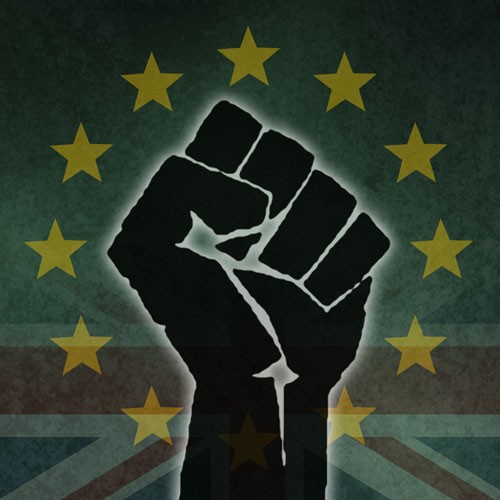Bruges Group Blog
How Matters Now Stand
Parliament is not allowed to surrender law making to a foreign jurisdiction. Theresa May's withdrawal agreement seeks to hand our right to self-government to the European Union.
The foundation of our democracy lies in the answer to the question: where is the origin of power? The answer is that all power is vested in, and consequently derived from, the people. The power to make laws belongs to the people: it is lent to each Member of Parliament by the electors in each constituency for a known length of time and is to be returned undiminished to the electors at the dissolution of that Parliament.
Now that all the powers which were transferred to the European Community by the Heath and subsequent governments are to be back in the hands of Parliament in March 2019, Parliament should heed what John Locke said (in his Second Treatise of Government (1690) para. 141):
"The Legislative cannot transfer the power of making laws to any other hands. For it being but a delegated power from the People, they who have it cannot pass it to others".
This Article considers whether the power of making laws, delegated by the People to parliament, is capable of being transferred away from Parliament as part of any agreement being concluded between the European Union and the United Kingdom.
This learning goes back to Richard Hooker (1553 – 1600) in his work "Of the Laws of Ecclesiastical polity".
In 1972, the people had delegated to and entrusted their Members of Parliament with the power to make laws which belonged to the people and the Members of Parliament then, in breach of their obligations towards their electors, delegated those powers to makes laws (which belonged to the people) to bureaucrats in Brussels. "The Legislative cannot transfer the Power of Making Laws to any other hands. For it being but a delegated Power from the People, they, who have it, cannot pass it on to others" (John Locke, Second Treatise of Civil Government (1690) para. 141
Parliament then seized the power belonging to the people and gave it away to others, namely the European Community. Are the present Parliamentarians going to do the same again? Are they going to seize power belonging to the people and defeat the rights of those that they represent — in the very face of the people's decision in the referendum?
Contact us
246 Linen Hall, 162-168 Regent Street
London W1B 5TB
Director : Robert Oulds MA, FRSA
Founder Chairman : Lord Harris of High Cross





